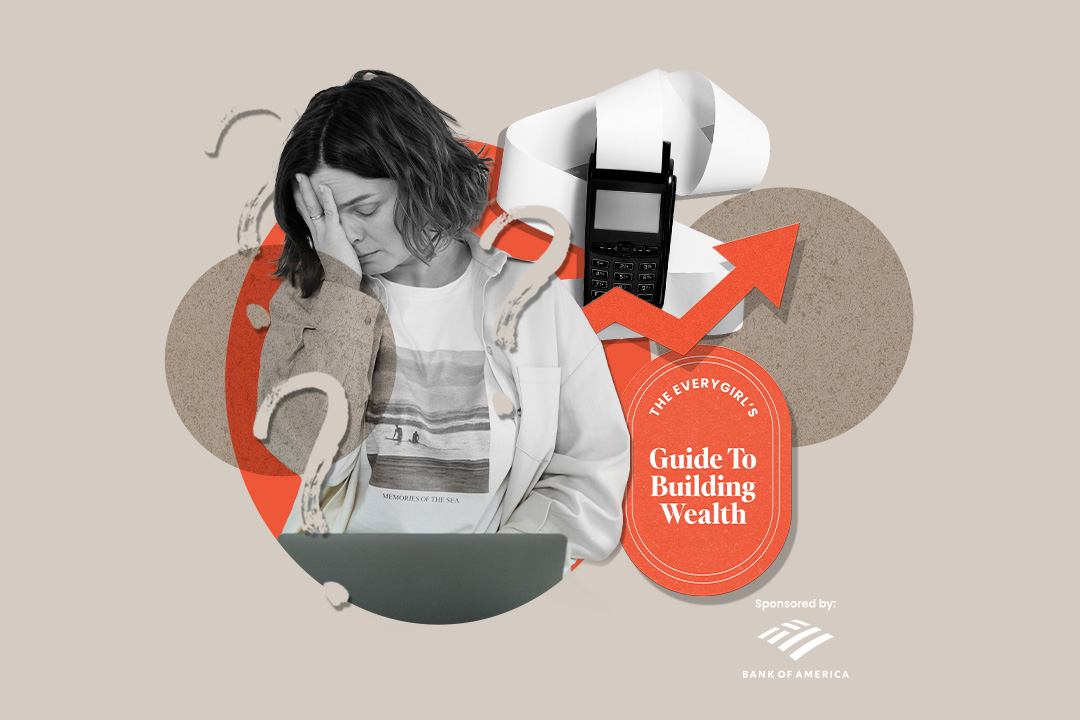We are all familiar with the hesitation that comes before a significant purchase—the internal struggle before finally committing. Post-purchase, we tend to rationalize our decisions, irrespective of the impact on our finances. This rationale is often termed as “girl math” on TikTok.

This viral TikTok trend aids women in justifying indulgent purchases and promotes financial decisions that might not align logically. For instance, a radio show in New Zealand suggested that a bride spending $400 on hair extensions could lead to saving $40k in the long term. Some TikTokers implied that anything priced under $5 is practically free, or that exchanging a $68 item for a $58 one at Lululemon somehow made them money, with the $10 difference allocated for food. Although entertaining, this mindset can have long-term financial repercussions. Let’s explore further:
Does “girl math” hold up?
While “girl math” may not be financially sound, it has gained popularity on TikTok due to its relatability. However, indulgences should not reinforce negative stereotypes about women and their financial abilities. In reality, women are statistically adept at money management compared to men. Continuing a different narrative does not benefit anyone.
Money is a finite resource. Whether from Venmo or physical cash, it originates from somewhere and ultimately affects your bank account. Habitual overspending and living beyond your means have tangible consequences, and ignoring them does a disservice. It’s crucial to take discussions about money seriously. While not always enjoyable, open dialogues about spending habits and prudent financial decisions should be a priority.
Although this trend seemingly glamorizes overspending and trivializes monetary concerns, there is sound financial advice beneath it all. Life is meant to be enjoyed, which includes occasional expenditures. By focusing on sensible ways to indulge without resorting to imprudent financial justifications, we can enhance our financial well-being.
4 Strategies to Rationalize Purchases Without Reliance on “Girl Math”
1. Assess your finances before and after a significant purchase
Prior to a substantial purchase, evaluate your financial situation. Understand how the purchase will impact your savings, monthly spending, and overall affordability. Trust your instincts; if you sense it’s unwise, it likely is.
If planning a significant purchase, start preparations early. Determine the cost and explore ways to accommodate it within your budget.
If the purchase is essential, adjust your budget preemptively and post-purchase to mitigate its financial impact. Making mistakes is natural, but it’s crucial to rectify deviations promptly to realign with your financial goals.
2. Define your financial priorities
Many overspend due to a lack of financial direction. Establish clear goals—be it homeownership, travel, event tickets, or other aspirations—and allocate your funds accordingly. This mindful approach not only aids proactive planning but also fosters savings inadvertently.
3. Minimize petty expenses
Expenditures under $5 are not negligible, and cutting out trivial purchases is vital for stress-free indulgence. By reducing small expenses, you not only save money but also accumulate resources for significant purchases. Evaluate daily expenditures for cost-effective alternatives, like preparing coffee at home or bringing lunch to work. Cultivating frugal habits enhances financial consciousness and curbs impulsive spending.
If eliminating minor expenses entirely is impractical, reduce where feasible. Treat yourself occasionally to small indulgences, rather than making them a daily routine. Moderation is key to savings.
4. Reward yourself sensibly
Recognize both minor and major accomplishments, tailoring rewards appropriately. Acknowledge significant milestones with grander celebrations—a promotion, graduation—while minor victories warrant smaller treats like takeout from a favorite eatery. Distinguishing between them aids in prudent spending and financial management.
Identifying when a reward is warranted enhances your financial outlook and fosters healthier spending habits.






